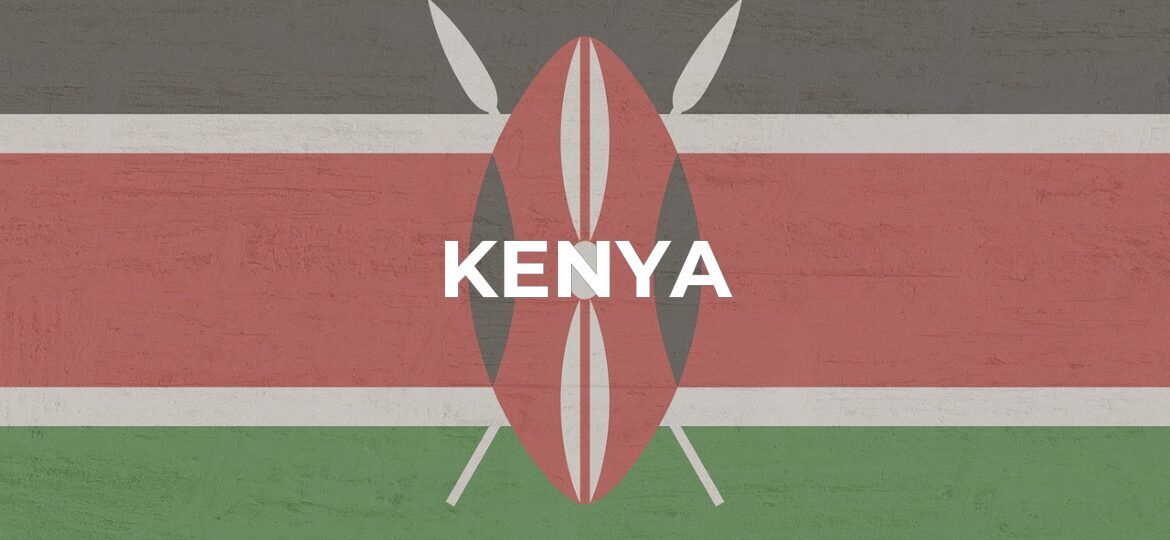
Kenya’s civil society is facing a new wave of repression, marked by arbitrary arrests, smear campaigns, deportations, and violence against peaceful assemblies. In the wake of the 25 June 2025 nationwide protests against police brutality and government policies, where at least 16 people were killed and hundreds injured, human rights defenders have been targeted with unprecedented hostility.
Nelson Amenya, a Kenyan entrepreneur, economist, and whistleblower now based in France. In 2024, he exposed serious irregularities in a $2 billion, 30-year airport lease deal between the Kenyan government and India’s Adani Group. Amenya alleged the agreement bypassed legal safeguards, lacked public consultation, and granted the corporation sweeping tax exemptions at the expense of Kenya’s national interest. Since going public, he has endured judicial reprisals, online harassment, and coordinated defamation campaigns, with fabricated claims of foreign allegiance and political manipulation. In 2025, high-level officials pressured him to silence his criticism and “support the regime.”
Prominent activist Boniface Mwangi, already a survivor of enforced disappearance and torture in Tanzania earlier this year, was arrested on 19 July 2025 in a raid on his home and office. Initially accused of terrorism and money laundering for his role in the 25 June mobilisation, the charges were dropped under public pressure, replaced with “unlawful possession of ammunition.” He was released on heavy bail but continues to face ongoing judicial harassment.
Other community-based defenders, Mark Amiani, Mulingwa Nzau, and Francis Mutunge Mwangi, were arrested in Mombasa on 27 June without clear charges, later accused of incitement, damage to property, and theft. They were released on bail, but prosecutors seek extended detention despite a lack of evidence. These arrests are part of a pattern of criminalising grassroots monitoring of police violence, particularly through Kenya’s vibrant Social Justice Centres network.
The clampdown has extended to women’s voices. On 6 July, armed men stormed a peaceful press conference at the Kenya Human Rights Commission (KHRC) in Nairobi, where mothers and widows demanded justice for protest victims. The attackers assaulted participants, threatened them, and stole journalists’ equipment, underscoring the growing risks faced by women human rights defenders.
In another alarming escalation, Martin Mavenjina, a senior KHRC legal advisor and transitional justice expert, was deported to Uganda on 5 July without explanation, despite holding valid work and residency permits. Immigration officials reversed their decision to admit him within minutes of stamping his passport, confiscated his documents and phone, and forcibly put him on a flight. KHRC condemned the expulsion as a violation of Kenyan and international law, linking it to his work supporting families of victims of police killings ahead of the historic “Saba Saba” democracy day protests.
From high-profile whistleblowers to community organisers, Kenya’s authorities are intensifying pressure on those who expose corruption, document abuses, or mobilise for justice. The courage of these defenders, and the solidarity they receive, will be critical in resisting the erosion of civic space.


